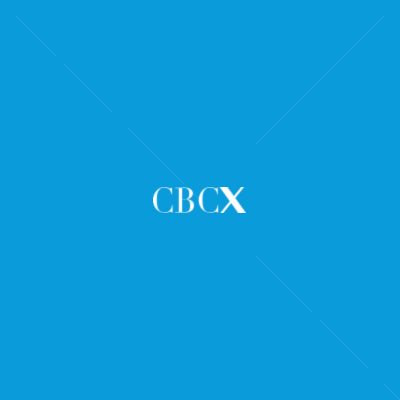In the ever-evolving world of foreign exchange trading, ensuring that brokers adhere to regulatory standards is crucial for maintaining trust and security among traders. CBCX forex platforms have become increasingly popular, prompting scrutiny over their adherence to global financial regulations. Among these, the Financial Conduct Authority (FCA) in the UK, the Cyprus Securities and Exchange Commission (CySEC), and the Australian Securities and Investments Commission (ASIC) stand out as key regulatory bodies. Each has its own set of compliance requirements designed to protect investors and ensure market integrity.
Understanding FCA Compliance
The FCA in the UK is known for its stringent oversight of financial services firms. By 2025, CBCX platforms operating within the UK must comply with enhanced transparency rules. This includes detailed reporting of transactions, ensuring clients' funds are segregated, and implementing robust anti-money laundering policies. The FCA's focus on consumer protection means that platforms must also provide clear and concise information about risks associated with forex trading. For CBCX operators, this translates into regular audits and assessments to maintain their authorization.
CySEC and EU Regulations
CySEC, based in Cyprus, plays a significant role in regulating financial services across the European Union. As part of its commitment to investor protection, CySEC requires CBCX platforms to adhere to the Markets in Financial Instruments Directive II (MiFID II). This directive emphasizes transparency in trading operations and mandates that platforms disclose any conflicts of interest. Additionally, CySEC enforces capital adequacy rules, ensuring that CBCX firms maintain sufficient reserves to cover potential losses. Platforms must also demonstrate they have adequate risk management systems in place by 2025.
ASIC's Role in Australia
Australian regulatory authority ASIC ensures that CBCX platforms uphold high ethical standards. By 2025, ASIC will enforce stricter guidelines regarding client communications and disclosures. Platforms must clearly outline fees, charges, and any other costs associated with trading. Furthermore, ASIC requires that CBCX firms implement comprehensive customer identification procedures to prevent fraud. Regular compliance checks will be mandatory, and platforms failing to meet these standards risk losing their license.
Why Compliance Matters
Compliance with FCA, CySEC, and ASIC standards is not just about meeting legal obligations but also about building long-term relationships with clients. Traders are more likely to engage with platforms that prioritize safety and transparency. By 2025, CBCX platforms that fail to comply with these regulatory bodies may face severe consequences, including fines or operational shutdowns. As such, staying ahead of regulatory changes is essential for maintaining a competitive edge in the forex market.
Conclusion
By understanding the compliance requirements of FCA, CySEC, and ASIC, CBCX forex platforms can better navigate the complex regulatory environment. Ensuring adherence to these standards not only protects investors but also strengthens the reputation of the platform. As we approach 2025, CBCX operators must remain vigilant in their efforts to comply with evolving regulations to continue thriving in the forex industry.













